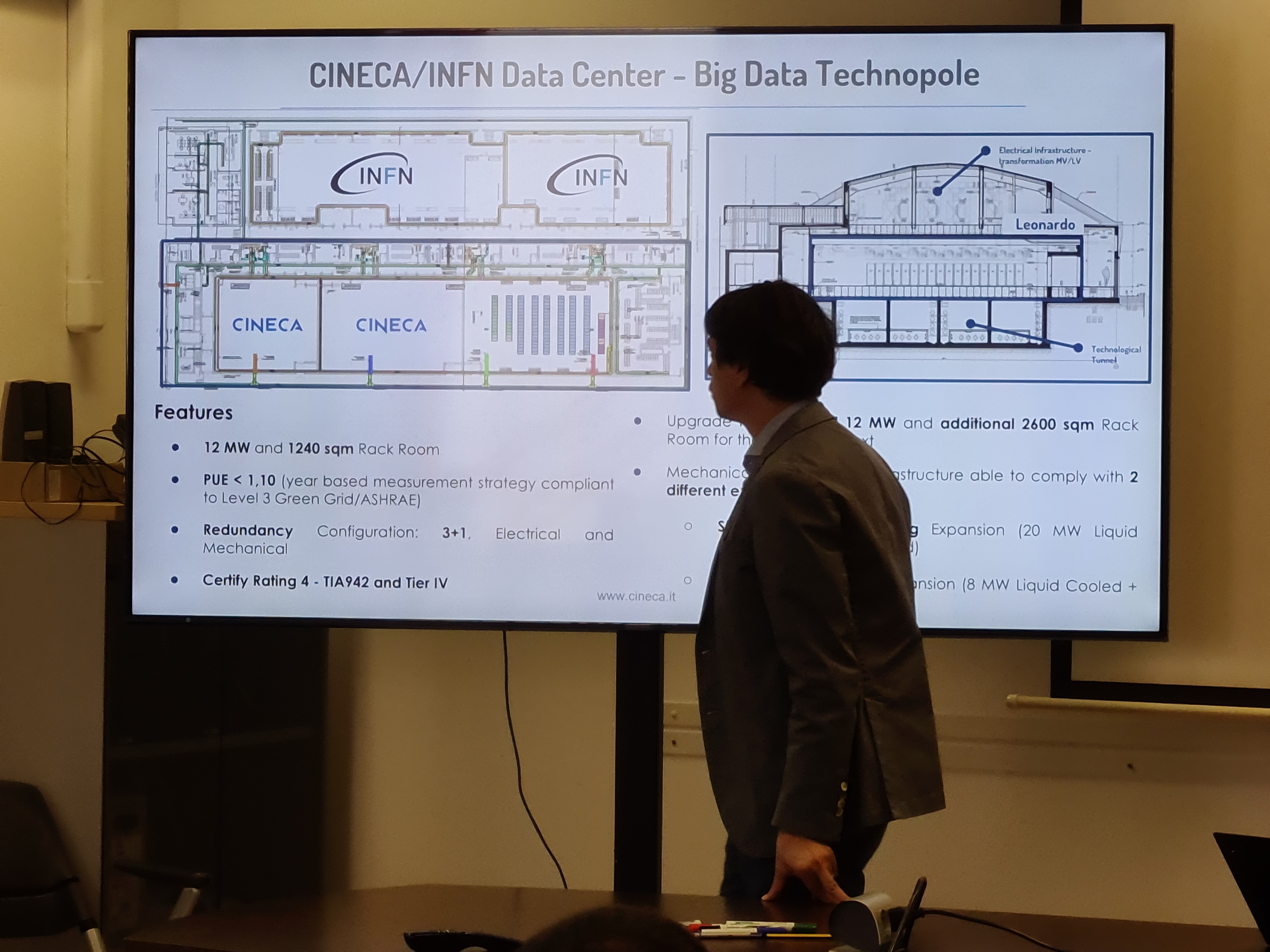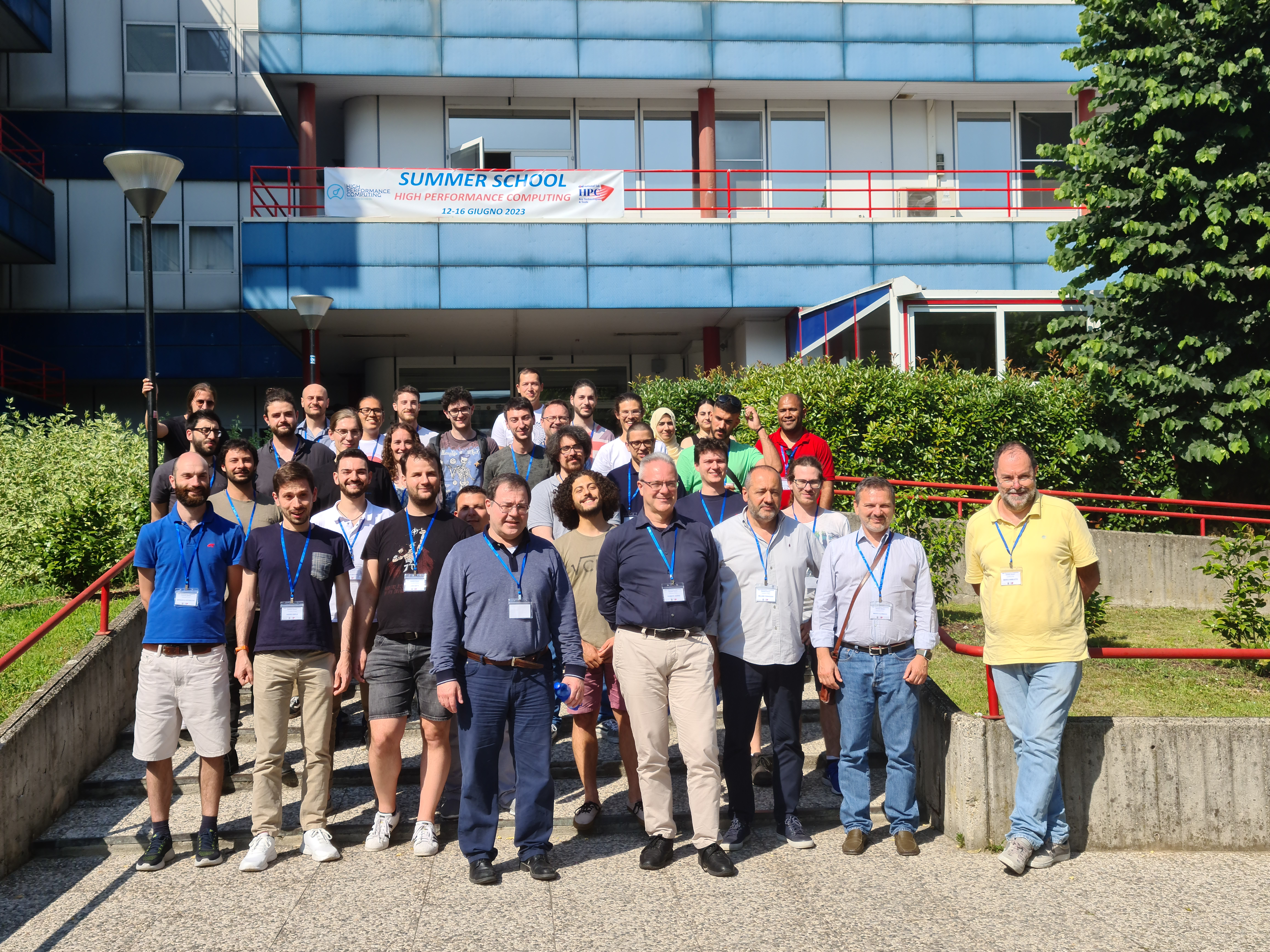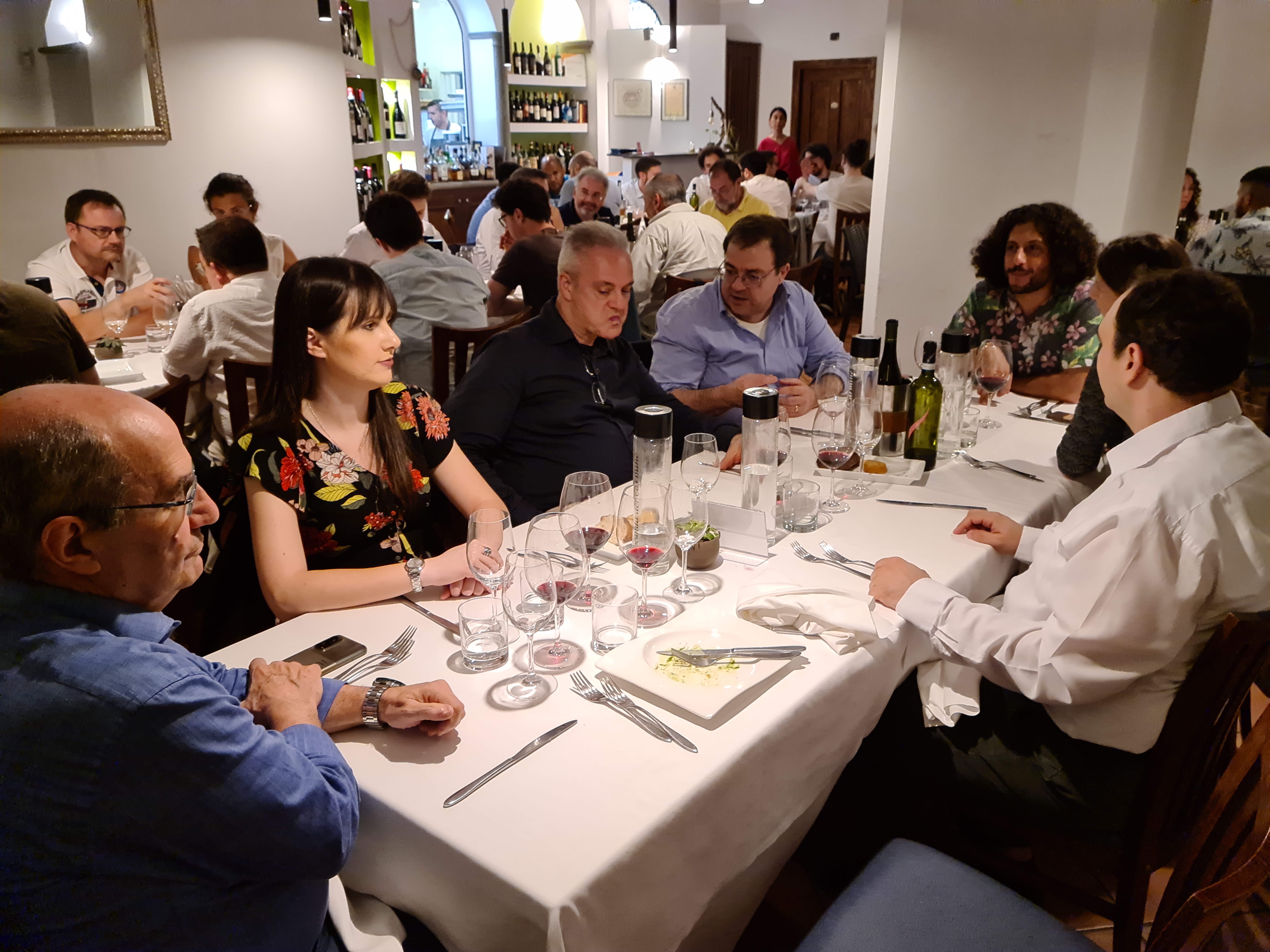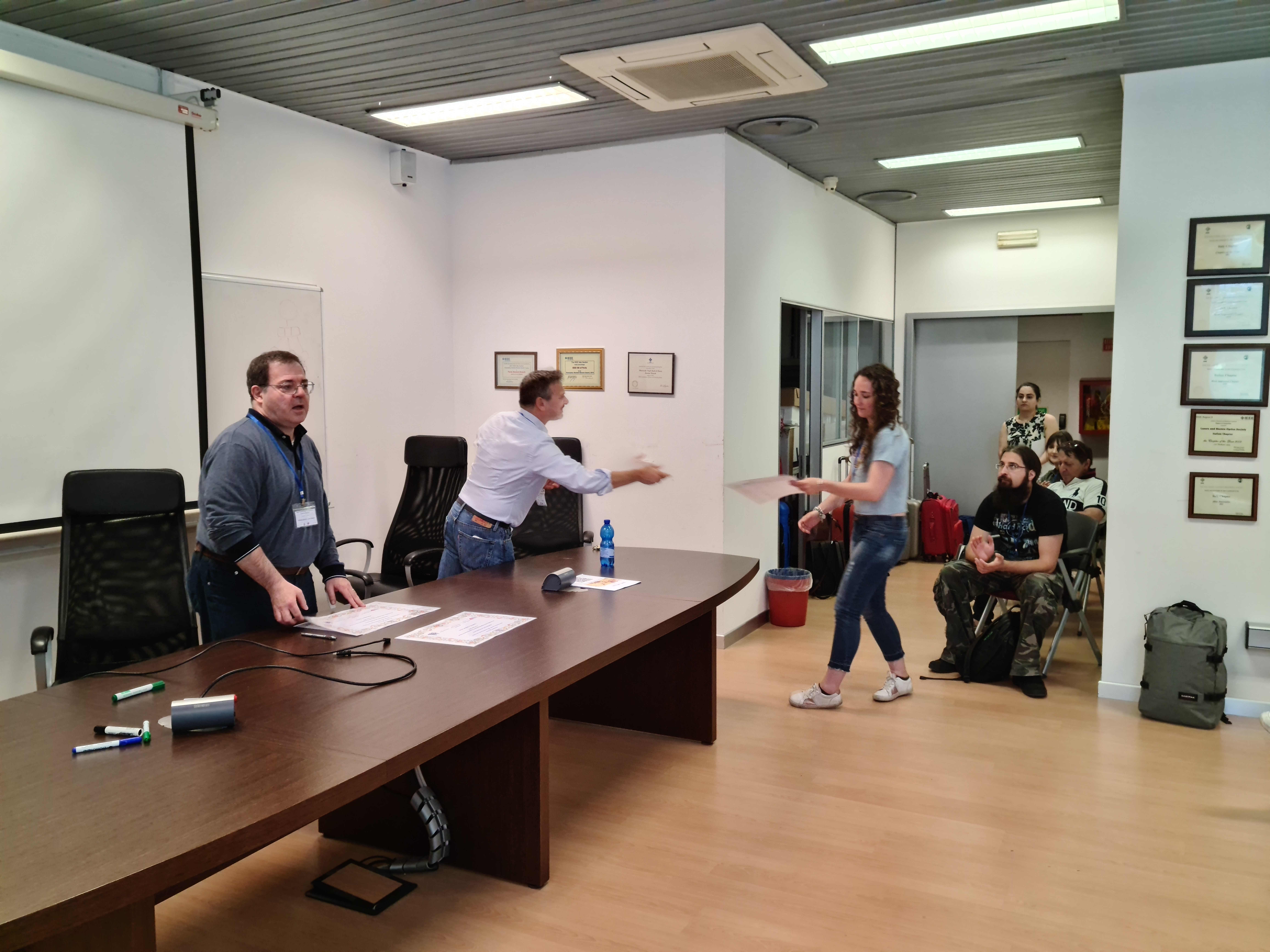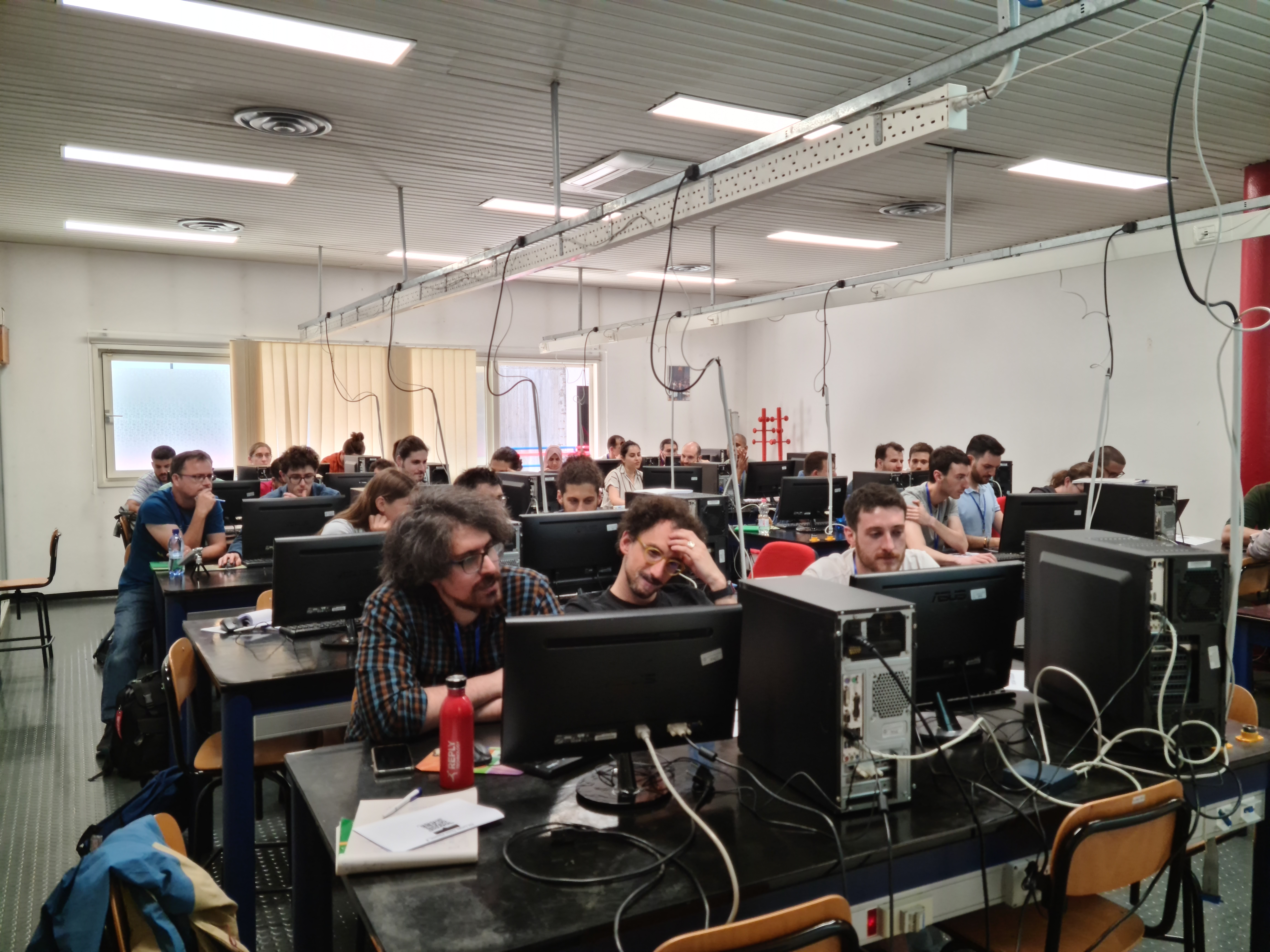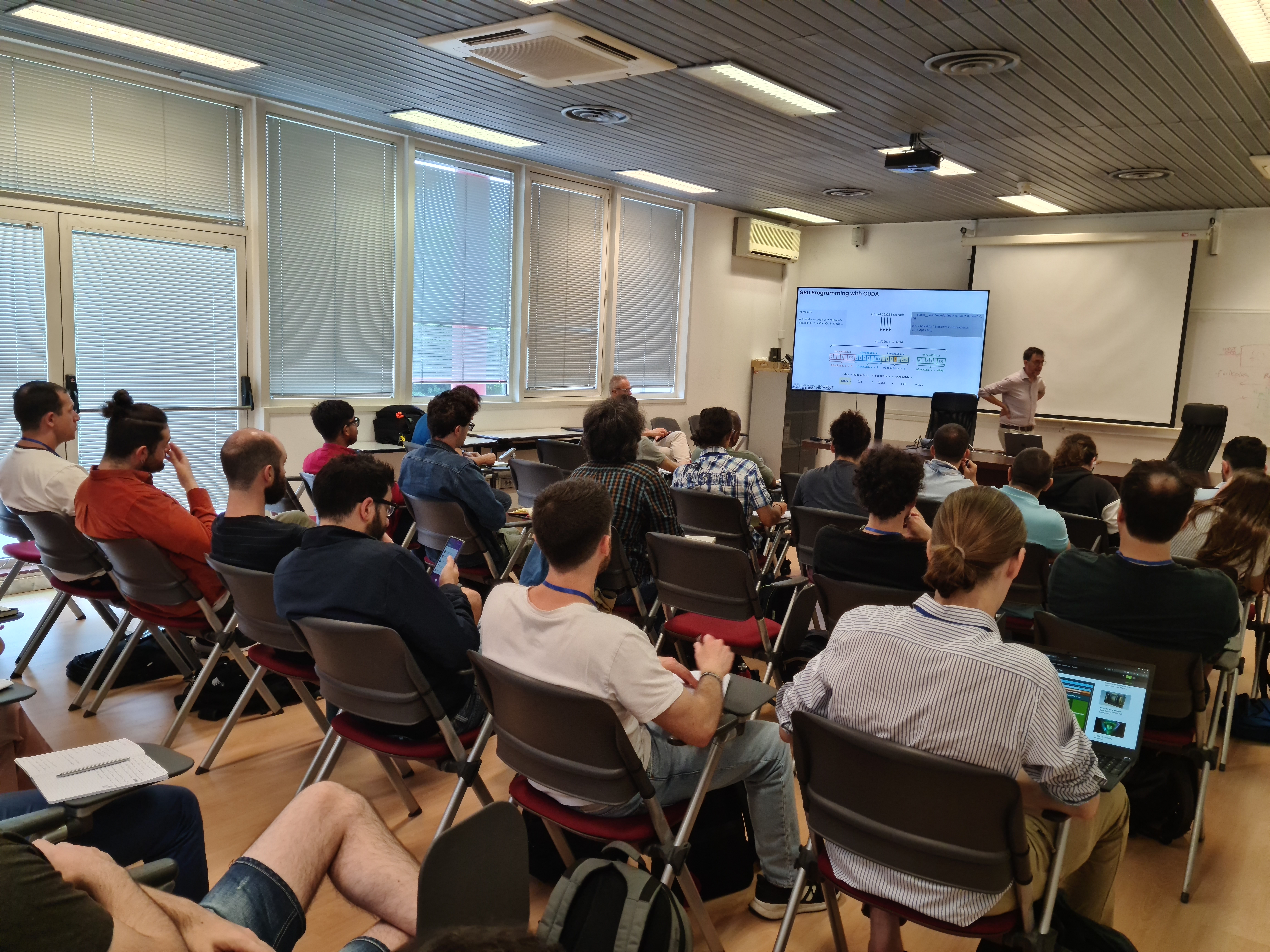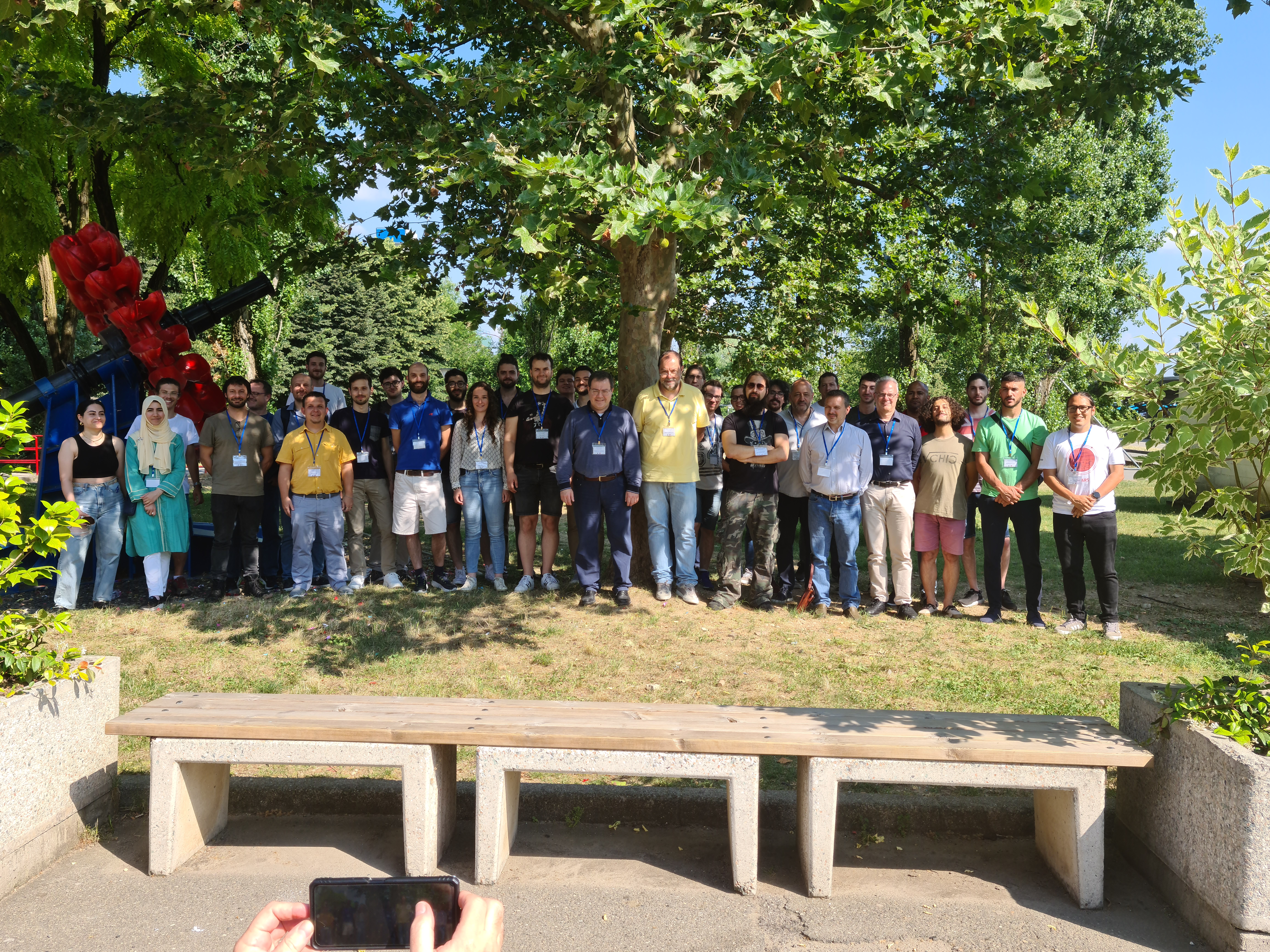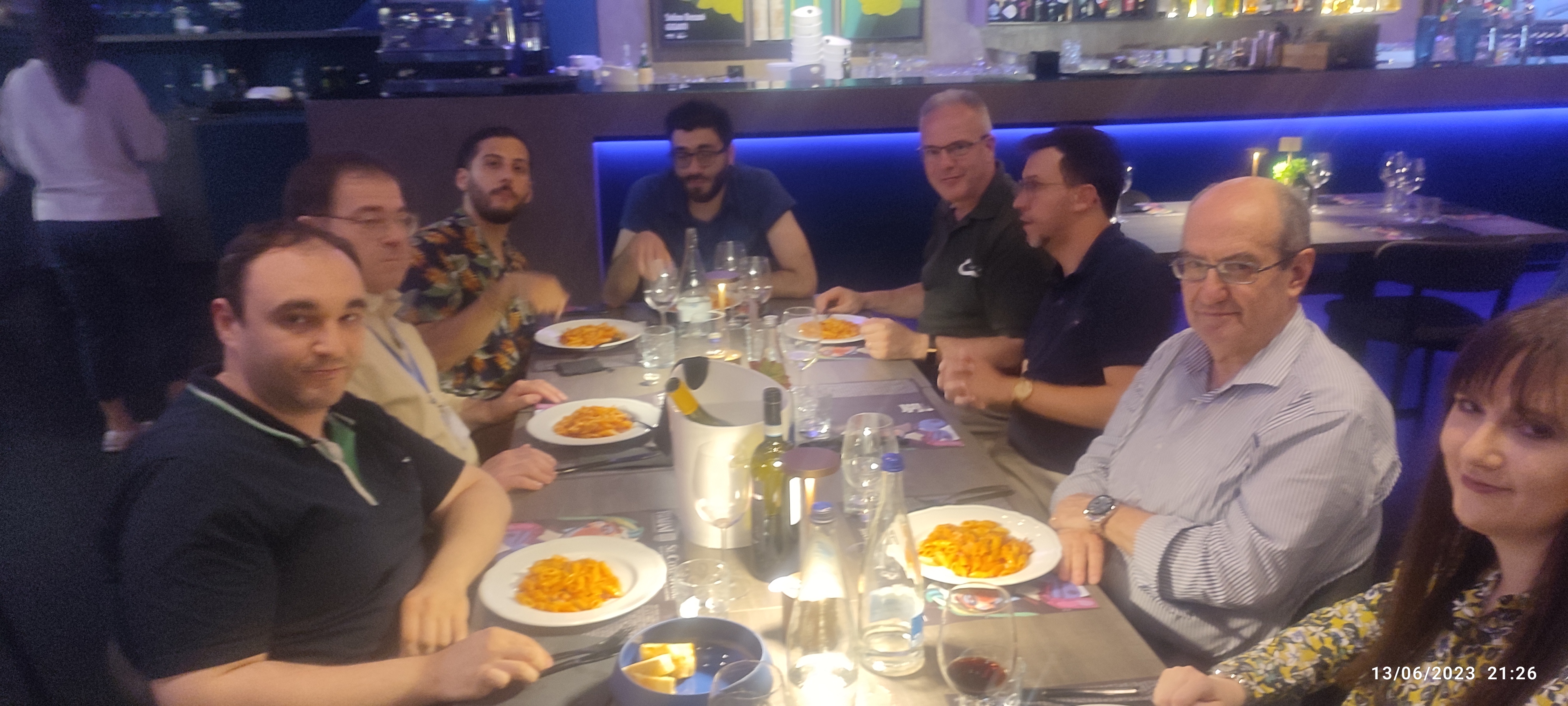About
Parallel, distributed, and network-based processing has undergone impressive changes over recent years. New architectures, advanced programming models, improved efficiency, and novel application domains have rapidly become the central focus of this discipline. These changes are often a result of cross-fertilization of parallel and distributed computational paradigms with other rapidly evolving technologies in different disciplines. It is of paramount importance to review and assess these new developments in relation to the recent research achievements in the different areas of parallel and distributed computing, considering both the industrial and scientific points of view.
Often these technologies can affect our daily life and several are the applications into which parallel computers find full usage: the increasing wide usage of biomedical image processing, often in real time and with the application of complex machine- and deep-learning algorithms, is only one of the most evident examples of this. Even continuous monitoring of environmental situations with the full integration of cloud architectures is being considered more and more. Fields into which these approaches find application include commercial/financial predictions, meteor forecasts, computational physics/fluid dynamics, and healthcare, wellness, and personal monitoring. Safety is crucial and not secondary in all these applications.
To this respect, the course aims at giving a general overview of architectures and devices oriented towards the high performance computing covering processors, technologies and design methodologies, but also development environments, algorithms and strategies for the optimal distribution of the computational load and the energy saving.
These topics are nowadays very relevant, thanks to recent evolving technologies (application specific processors, GPUs, FPGAs, Quantum Computing, Cloud and edge computing) and represent an interesting set of skills and competences significant not only in the academic world but now also in the industrial one.
On the other hand, many these topics (in particular at the level the Course will provide) are not yet fully considered in engineering curricula, so that the proposed Course aims at bridging the gap.This Course sections aim at providing high-quality scientific contributions from the research community working in the fields of parallel and distributed computing, data analytics algorithms, big data frameworks, and application-specific processing.
In particular the main focus will be on emerging new computing trends that affect concrete human life, the so-called “Human Sensible Applications”. Therefore, the Course will cover a large spectrum of disciplines, asking for a coordinated approach and merging different skills covered in this proposal by expert speakers.The course mainly addresses a broad audience including PhD students and young researchers, but also professional engineers operating in the industry area.
All Editions
First Edition 2023
High Performance Computing-Summer School, 12-16 June (Pavia, Italy) organized by Università di Pavia and HPC: Key Technologies and Tools
